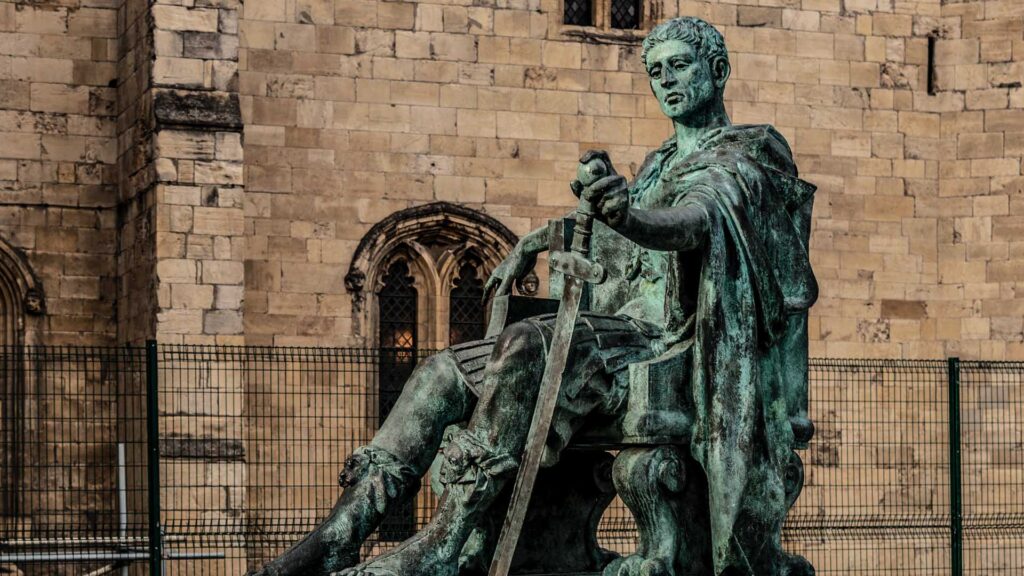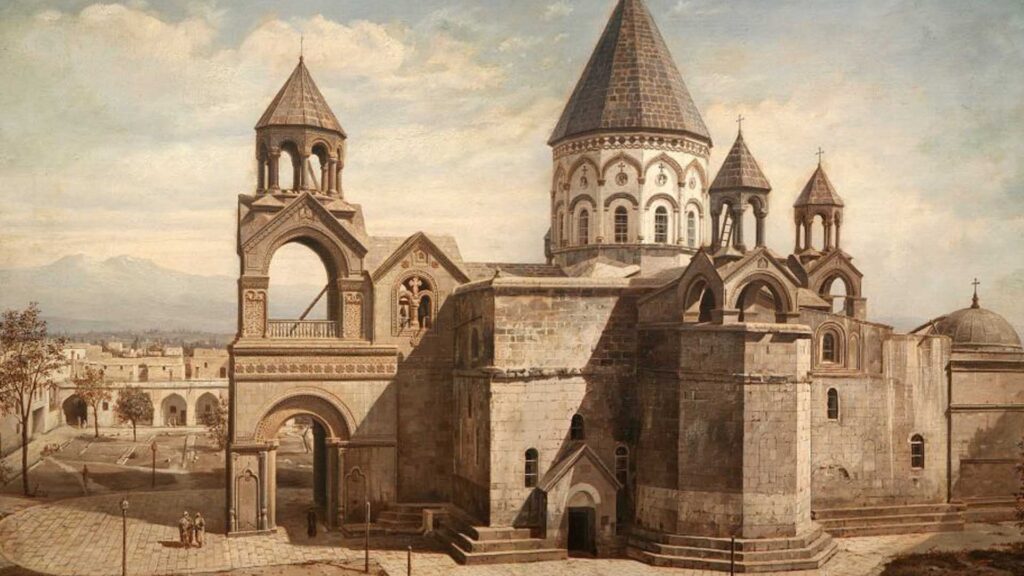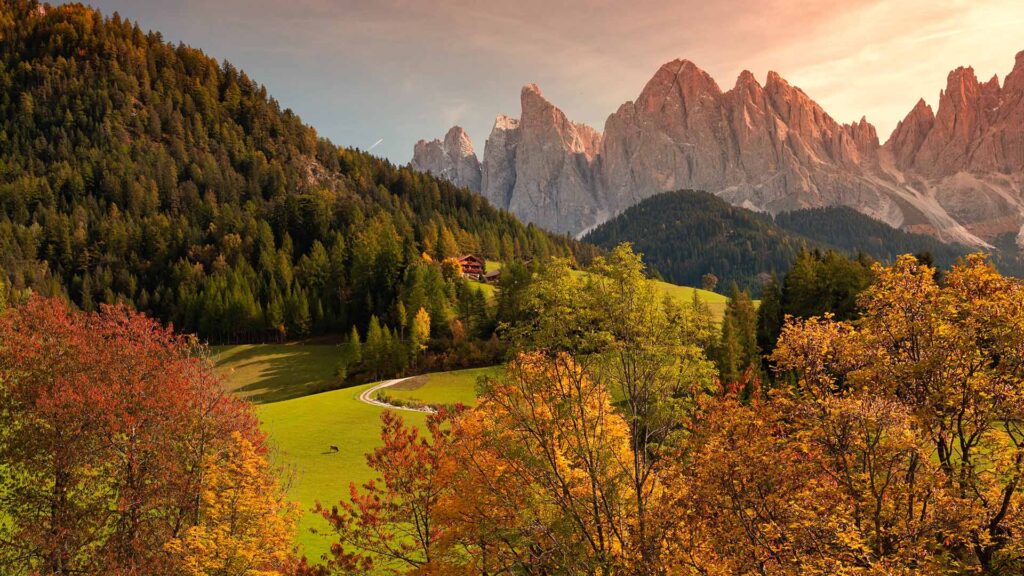
Constantine’s Sunday Law
The Roman emperor Constantine legalized Christianity in 313 AD. In 321 AD he passed a law for the protection of Sunday as a day of worship and rest. The law stated, “On the venerable Day of the sun let the magistrates and people residing in cities rest, and let all workshops be closed. In the country, however, persons engaged in agriculture may freely and lawfully continue their pursuits: because it often happens that another Day is not so suitable for grain sowing or for vine planting: lest by neglecting the proper moment for such operations the bounty of heaven should be lost” (Philip Schaff, History of the Christian Church, vol. 3 [Edinburgh: 1884]: p. 380). Historians have since recognized that Constantine’s Sunday law originated primarily from a desire to unite the pagan and Christian elements of his empire. The noted historian Edward Gibbon noted, “But the devotion of Constantine was more peculiarly directed to the genius of the Sun, the Apollo of Greek and Roman mythology…The Sun was universally celebrated as the invincible guide and protector of Constantine” (Edward Gibbon, The History of the Decline and Fall of the Roman Empire, ed. By J.B. Bury, chap. 20, vol. 2 [London: Methuen & Co., 1896], p. 291). A few decades later, the Council of Laodicea (343-381 AD) commanded Christians to rest on the “Lord’s Day” if possible, and forbade resting on the Sabbath.





